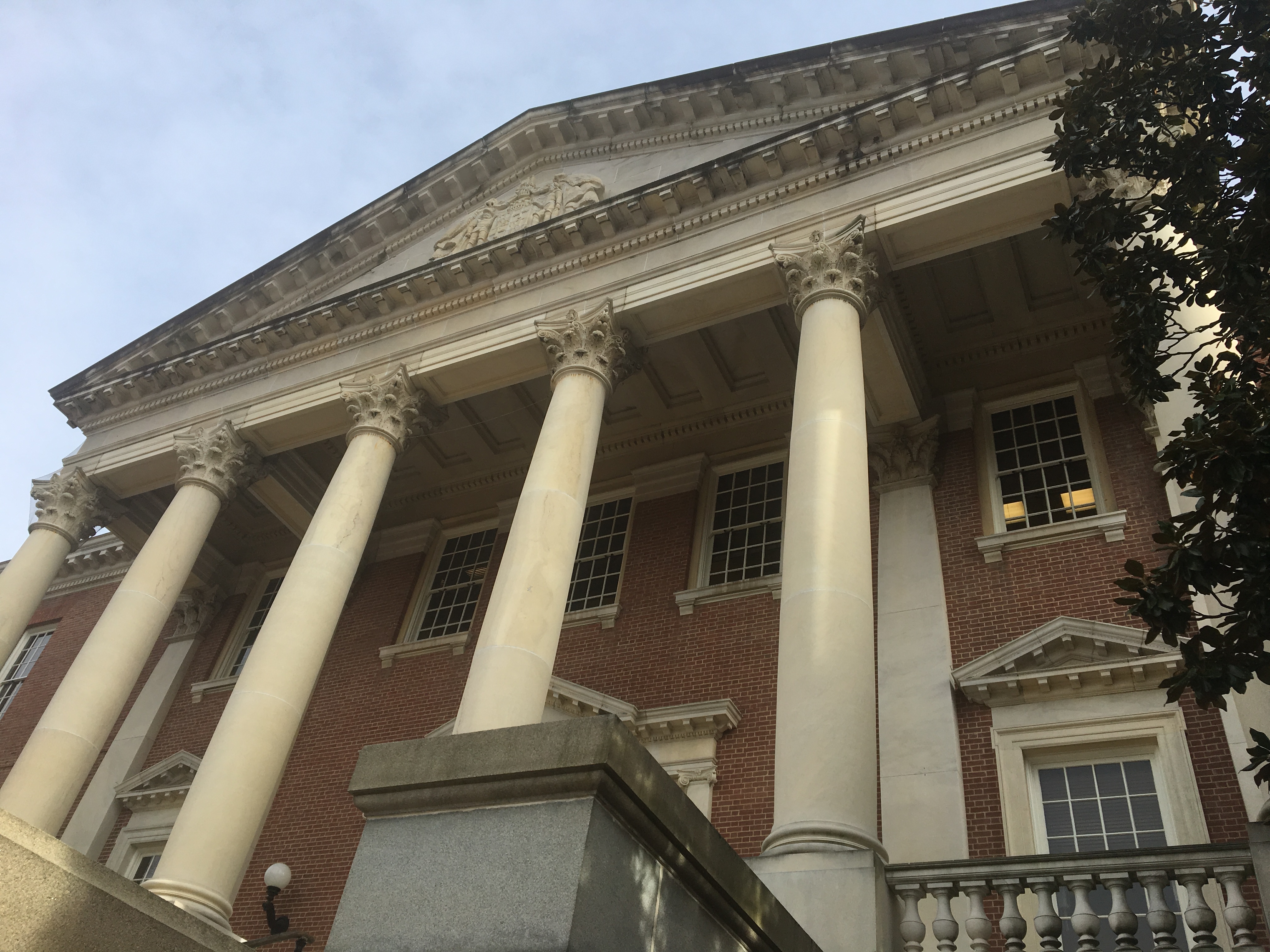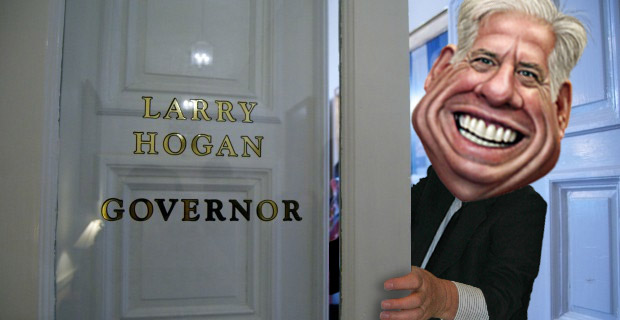By Megan Poinski
Megan@MarylandReporter.com
 After weeks of speculation, Gov. Martin O’Malley finally sort of released his gas tax proposal on Tuesday.
After weeks of speculation, Gov. Martin O’Malley finally sort of released his gas tax proposal on Tuesday.
The governor’s office sent the long-awaited details of his proposal to the media, but indicated the bill would only be available on the General Assembly website. The bill, which would extend the state’s 6% sales tax to gasoline, will not be formally introduced in the General Assembly until the sessions Wednesday morning.
The legislation is O’Malley’s answer to questions that have been posed by commissions, business groups, and countless state and local officials: How is the state going to repair its deteriorating transportation infrastructure, and how can the state get more money to do what is needed? O’Malley anticipates the new sales tax could raise up to $613 million a year.
“What we all know is that we’re all going to pay more,” O’Malley told reporters Wednesday.
“This legislation will allow us to support 7,500 new jobs building needed roads, bridges, and public transit throughout our State,” O’Malley said in a written statement. “Maryland has some of the worst traffic in America, and with a growing population and aging infrastructure, we must address these needs today, so our children are not left with a failing transportation system tomorrow.”
“The opponents are many, but the truth is a stubborn thing,” O’Malley said.
Phased in over three years
Currently, motorists pay a flat 23.5-cent gas tax. The new tax would be phased in over three years, with taxes going up 2% each year.
According to a written statement from the governor’s office, sales tax would be applied to the retail price of motor fuel, minus federal and state taxes. So if the retail price of a gallon of gas is $3.49, then nearly 42 cents – 18.4 cents in federal taxes and 23.5 cents in state taxes – get subtracted. Then, the 6% sales tax is applied to the remaining $3.07 – making the new tax about 18.4 cents. Documents from O’Malley’s office say this will be an increase of about 6 cents per gallon a year.
The average retail price of motor fuel will be calculated by the Comptroller’s Office every six months, based on prices for the previous half year.
A motorist driving 10,000 miles per year in a car getting 20 miles per gallon would pay an additional $90 per year.
 Restoring trust in transportation funds
Restoring trust in transportation funds
The revenues would go into the transportation trust fund, and the bill includes provisions to make sure they would not leave there unless absolutely necessary. Under O’Malley’s legislation, transfers could only happen if the General Assembly enacts a specific bill to move the funds; it could not be part of a larger bill with different provisions, the way the Budget Reconciliation and Financing Act has been used each year to move money around.
Any transfer of transportation trust funds would have to be passed by a three-fifths of the committees in each house where the bill is assigned. The funds could also be used if the governor declares a state of emergency as the result of a catastrophe.
According to documents from O’Malley’s office, funds could only be taken from the trust fund if there is an automatic repayment provision.
All these provisions are far less stringent than proposed by 22 senators in a constitutional amendment for a lockbox that would make it even harder to transfer money away from transportation.
County aid increased, brakes for inflation added
The proposal also restores some highway user revenues to the counties and municipalities that have seen most of the money they use for local roads taken by the state. Local governments would eventually get 20% of the new revenues generated by the gas sales tax. That would give them about 40% of the funds they had been receiving four years ago.
The proposal also includes a way to stop tax increases in the case of drastic spikes in gas prices. In the three years of slow implementation, if gas prices increase more than 15% in a year, then the 2% tax increase will not be applied.
This provision expires after the fully 6% tax is being collected.
According to documents from the governor’s office, the bill also creates a workgroup to study and make recommendations on regional transit finance authorities to bring more funding to support major transit projects.
No more kicking the can
As he has spoken about this proposal in recent weeks, O’Malley has bracketed the tax hike by explaining why it is needed. Average commutes are up, 106 bridges need to be upgraded, and the 23.5-cent gas tax hasn’t been raised since 1992.
Accompanying the explanation of O’Malley’s proposal are a webpage with graphics showing the state’s transit needs and a three-minute video where he talks about improving infrastructure.
“We can’t keep kicking the can down the road. There’s too much traffic ahead, even for a can,” O’Malley said in the video.





Recent Comments